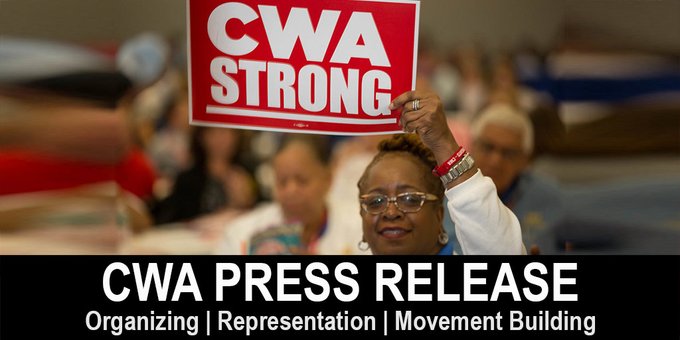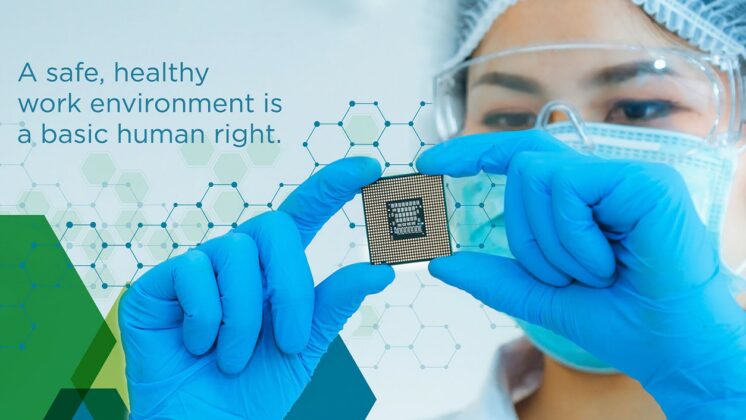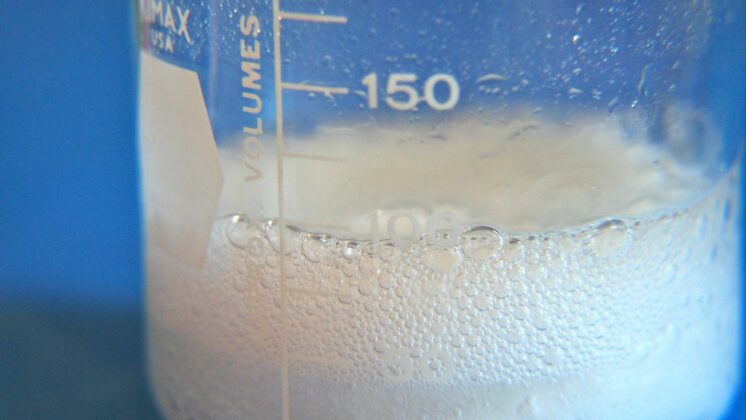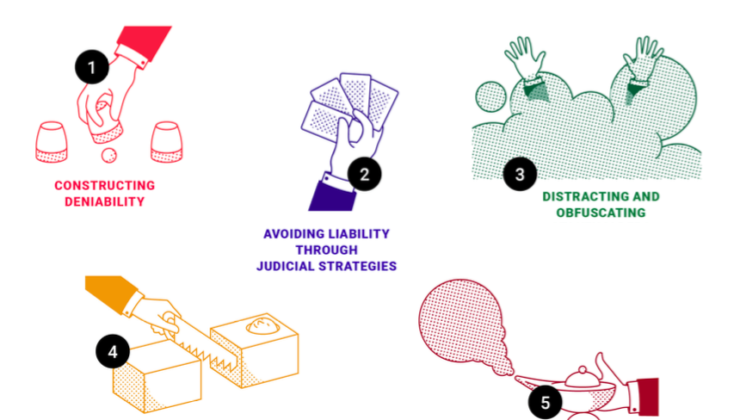Chemicals that were banned by U.S. tech companies 25 years ago are still being used in Asian semiconductor factories. In the manufacturing processes of chips for electronic products, hazardous chemicals are used that cause aggressive forms of leukemia, miscarriages and birth defects.
In 1986, a study in U.S. chip manufacturing plants revealed that the rate of miscarriages among female workers was twice as high as expected. The high rate of miscarriages was linked to a family of toxic chemicals that are used in the production of chips. After several other worker-health studies in the U.S. showed similar results in the 1990s, electronics companies pledged to phase out the use of these toxic chemicals and ban them by 1995. The chemicals were placed on the list of most highly toxic chemicals.
Now, almost three decades later, a new study conducted by Kim Myoun-hee, a South Korean physician, revealed that the same chemicals are being used in semiconductor factories in the supply chains of Samsung, SK Hynix and LG. Several workers who were exposed to the chemicals developed aggressive forms of leukemia. Also, the rate of miscarriages in these factories was almost as high as found in 1986 in the U.S.
Data obtained by Bloomberg Businessweek shows that while electronics companies promised to phase out the toxic chemicals, changes were not made quickly or sometimes not completely. The semiconductor industry moved from countries such as the U.S. to lower income countries. The promise to phase out the use of toxic chemicals however, did not.
Read the full article here.








